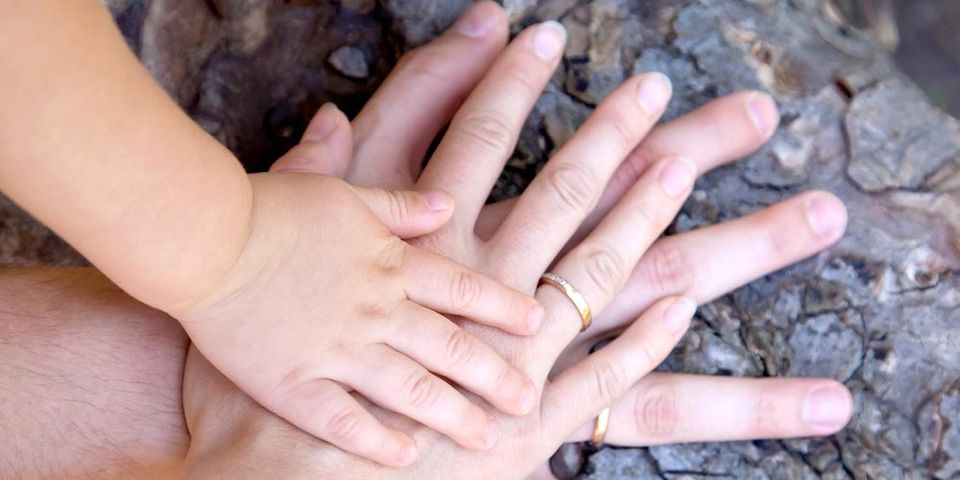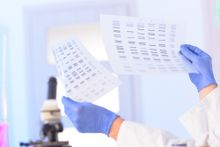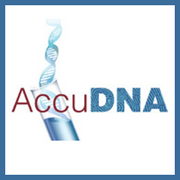Understanding the Restrictions of Relationship Testing With DNA
By AccuDNA

There’s no doubt that DNA testing is able to answer many questions about who we are—and where we came from. For that reason, relationship testing is one of the primary reasons people seek out the help of lab services such as AccuDNA in St. Louis, MO. But contrary to popular belief, this St. Louis DNA testing service says there are limits to what types of proof of familial bonds these clinical assessments can provide. To illustrate what’s possible—and what isn’t—these experts break down the complexities of these evaluations.
The Basics of DNA & Ancestry
Before understanding what relationship testing can prove, it’s important to understand the basics of how DNA works. DNA provides a snapshot of a person’s genetic material, which is represented by a series of unique markers. These markers are taken from both the mother and father in equal parts, making it possible to verify ancestry by comparing the DNA of children and parents.
Which Relationships a DNA Test Can & Cannot Prove
 By showing patterns in genetic markers, a DNA test can reveal with 99.5% accuracy whether or not two subjects are related to each other. However, figuring out the exact relationship between two subjects is not necessarily so clear.
By showing patterns in genetic markers, a DNA test can reveal with 99.5% accuracy whether or not two subjects are related to each other. However, figuring out the exact relationship between two subjects is not necessarily so clear.
Specifically, the closer the relationship between two individuals, the closer their DNA sequences will be. But the further they are from one another, the more difficult it is to tell what the specific connection is.
For example, a DNA test can prove that a person is the father or mother of a child, as the amount of shared genetic material will be abundant. Data can also prove siblingship, as brothers and sisters will share a similar amount of relative DNA.
DNA testing becomes less accurate when proving whether or not a person is a grandparent, aunt, uncle, or grandchild. These relationships all share a similar amount of genetic material, so without any background information, it can be difficult to prove the exact connection between two subjects.
The amount of genetic material shared between parties that are further removed—such as third cousins—can vary and be too minimal to prove any specific connection.
If you’re looking to determine whether or not two parties have a parent-child, sibling, avuncular, or grandparent-grandchild connection, AccuDNA can help. Focused on making collection and evaluation as simple, clear, and confidential as possible, this DNA testing service of St. Louis, MO, can provide the full scope of relationship testing as detailed above. To learn more about their specific tests, visit this lab’s website. For questions, call (314) 845-9997 to speak with a trusted specialist.
About the Business
Have a question? Ask the experts!
Send your question

